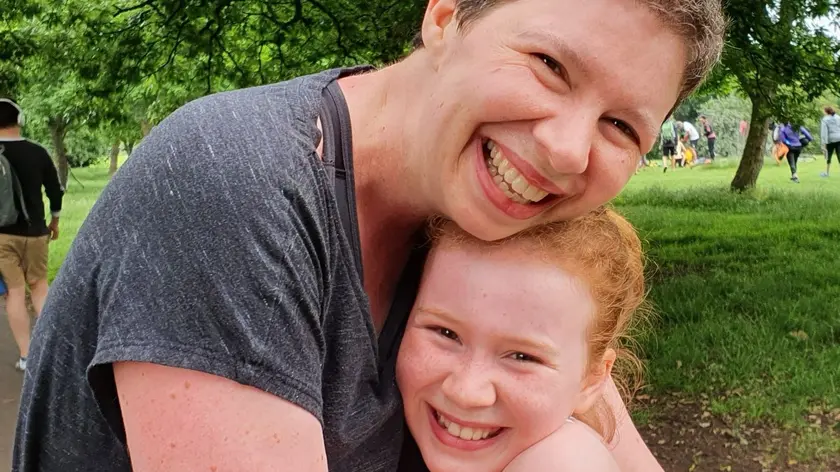T4K3.news
NHS deadline threatens Batten disease therapy access
A Welsh toddler faces a race against time as funding rules may limit NHS access to a costly Batten disease therapy.
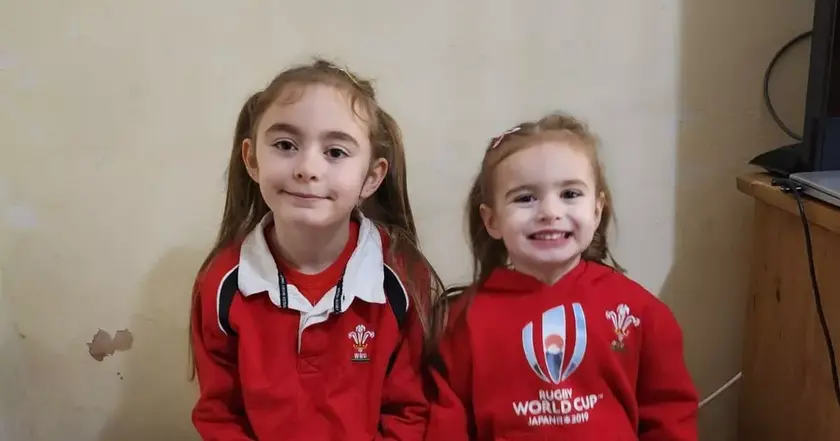
A Welsh toddler battles Batten disease as a NHS funding deadline threatens access to a £500,000 therapy.
NHS deadline threatens Batten disease therapy access for toddler
A three-year-old girl from Wales, Katie Hughes, was rushed to hospital after a seizure and later diagnosed with CLN2 Batten disease, a rare and progressive brain disorder with no cure. Doctors initially treated a fever with paracetamol, but the child’s condition worsened and genetic tests confirmed the diagnosis in July. An enzyme therapy exists that can slow the disease, but it costs about £500,000 per year and must be delivered directly into the brain every two weeks via a permanent device. The NHS has a funding window for children already in treatment or who can start by the end of 2025; beyond that, access on the NHS is not guaranteed due to cost and questions about long-term evidence. The family has launched a fundraiser to cover treatment, equipment, and related days out.
Key Takeaways
"As a mother you're always there for your children and I'm expected to just sit down and slowly watch her deteriorate and go."
Jessica expressing the emotional toll of the diagnosis and prognosis
"I'd never even heard of [the disease] before."
Grant reflecting on the surprise of the Batten diagnosis
"Everything is on a timer now. We want to take her to theme parks and Disney World while she can still enjoy it."
Family planning memories and experiences for as long as possible
"It's devastating. It's hard to wrap your head around because she's normal – she's running around fine but all her skills will slowly go."
Grant on the expected progression of the disease
This case highlights how medical breakthroughs collide with budget limits. It shows the pressure on public systems to fund expensive, high-stakes therapies for rare diseases while balancing fairness for all patients. The ticking clock compounds the emotional strain on Katie’s family and puts lawmakers under scrutiny about what care should be publicly funded. Beyond the family’s story, the situation raises questions about how the NHS and NICE weigh evidence, cost, and long-term value in a crowded budget.
Highlights
- Everything is on a timer now and we want to make memories while we still can
- We want to take her to Disney World while she can still enjoy it
- I felt like they were skirting around it
- It's devastating to hear her life could be cut short early
NHS funding and policy risk
The article highlights a potential access gap if the NHS cannot fund expensive therapies beyond a 2025 deadline, raising budget and political questions about care for rare diseases.
The outcome of this funding debate will matter far beyond a single family.
Enjoyed this? Let your friends know!
Related News
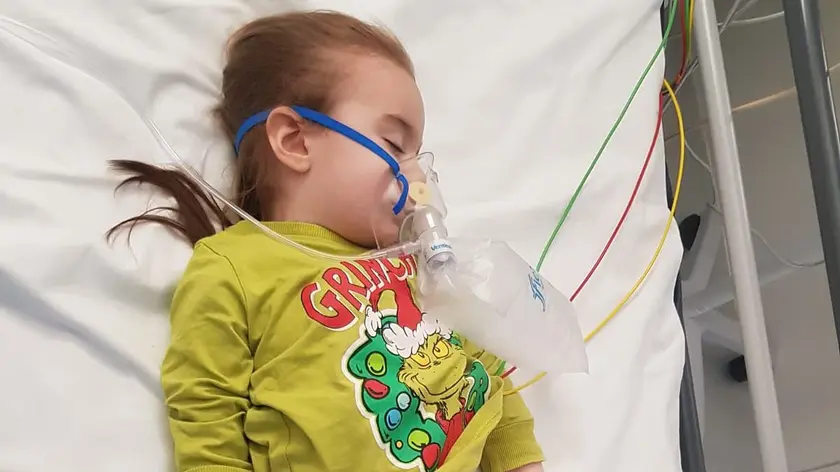
Toddler Batten disease funding window

Three-year-old diagnosed with rare brain disease after misdiagnosis
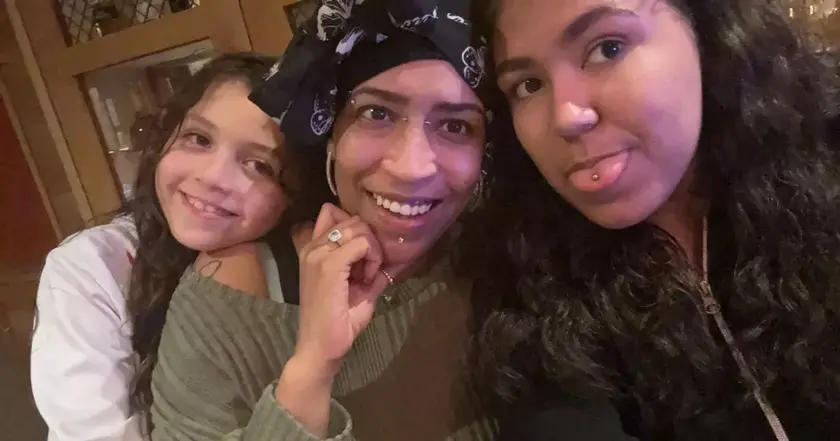
Cancer care funds at risk for UK patients

UK mum seeks life saving cancer treatment abroad after nhs funding gaps

NHS dentistry under strain
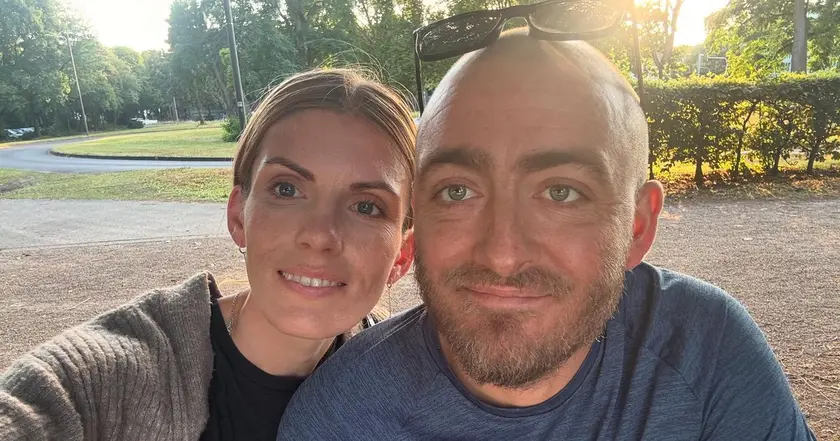
Gav Melen's family seeks urgent funds
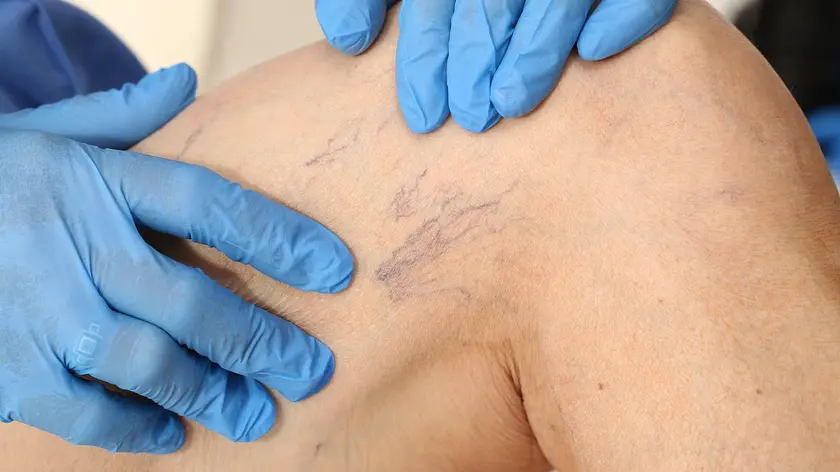
New treatments for thread veins announced
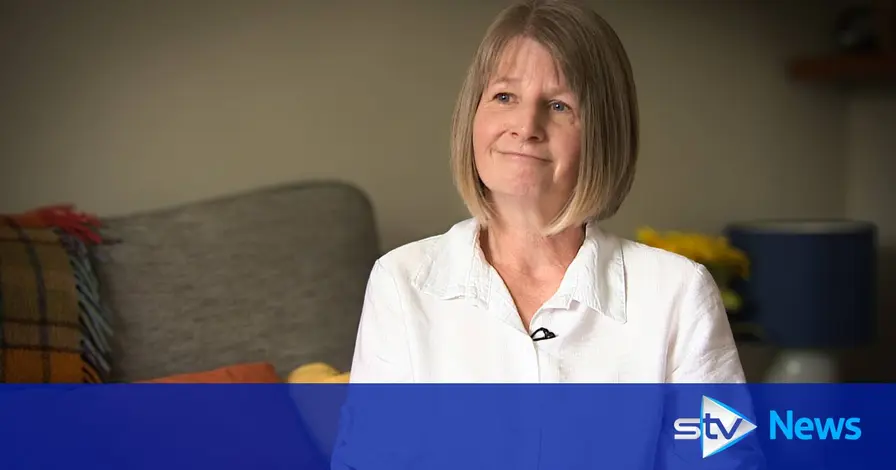
New treatments significantly improve lives of colitis patients
